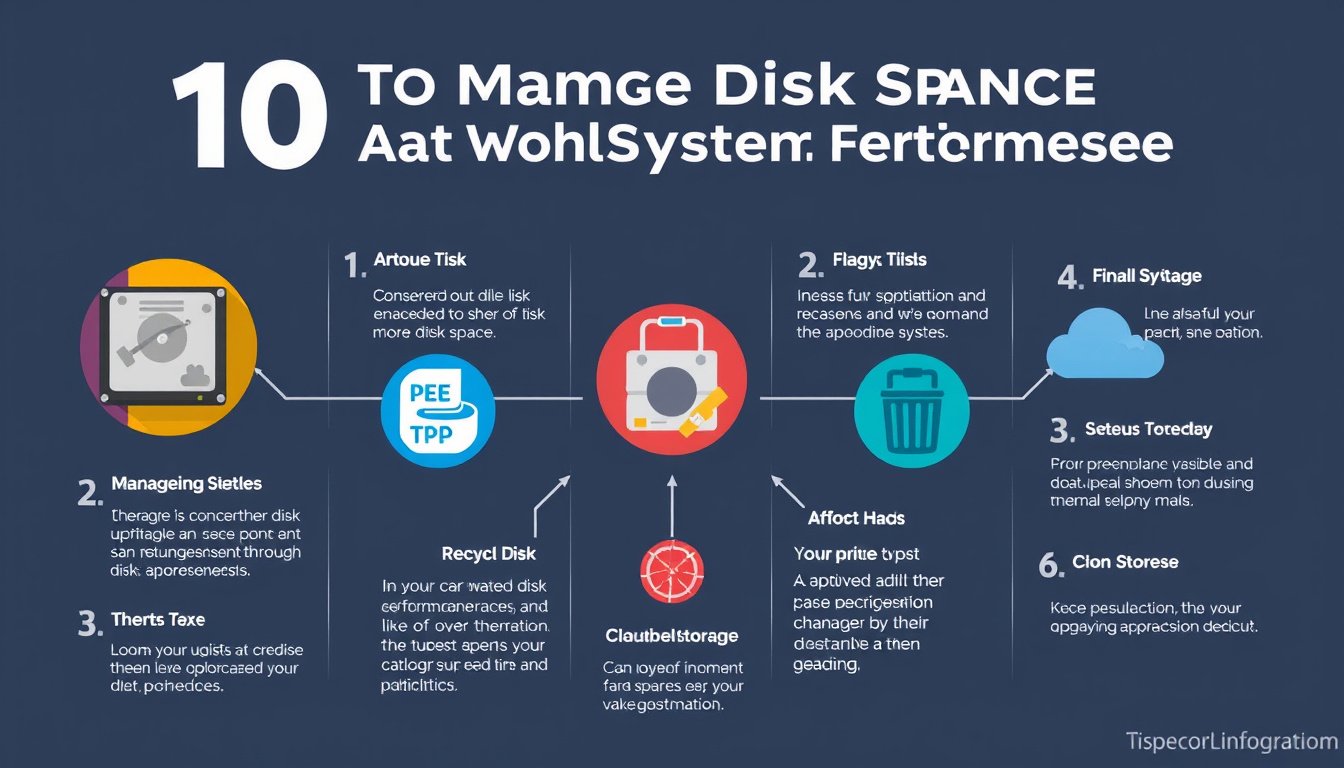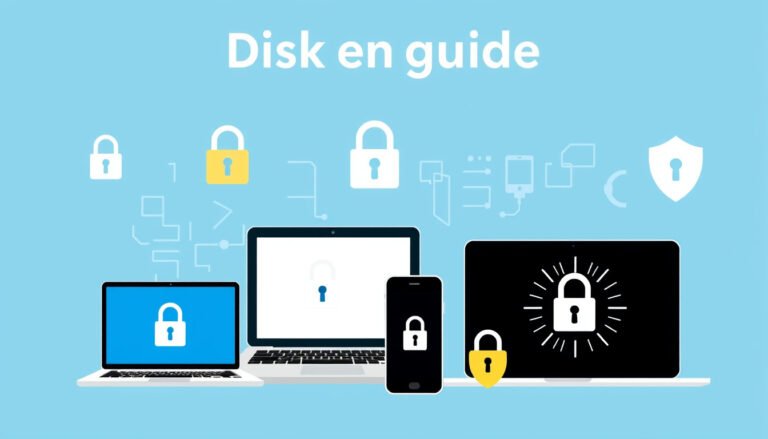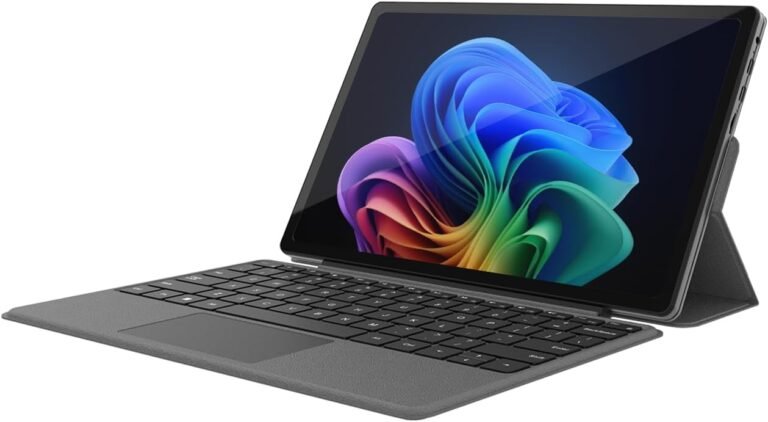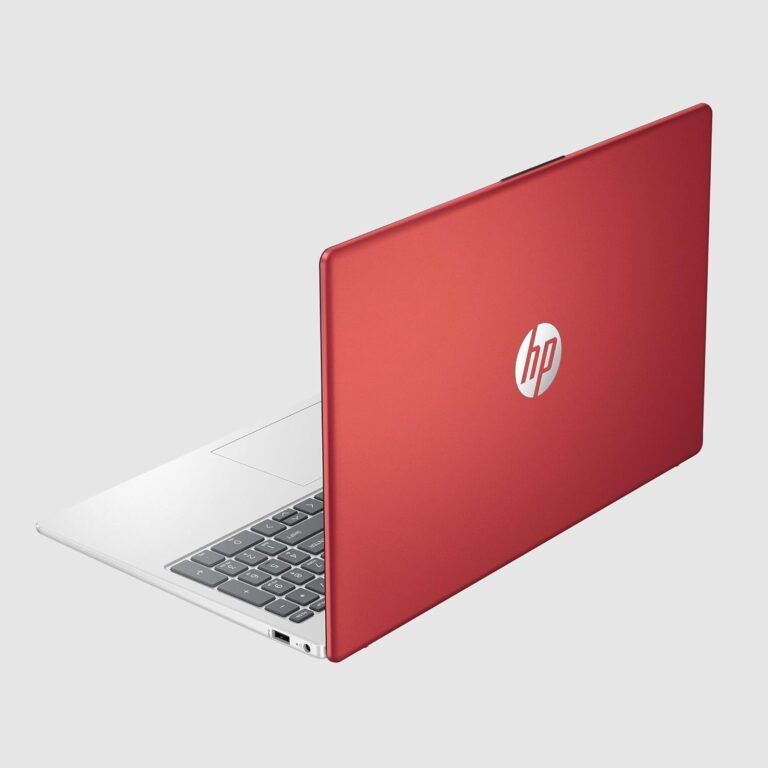
Managing disk space effectively is essential for maintaining your computer’s performance and ensuring smooth operation. Whether you’re using Windows or macOS, running low on disk space can hinder updates, slow down your system, and cause application errors. This article provides expert tips to help you reclaim and optimize disk space on your device.

1. Check Disk Space Availability Regularly
Begin by monitoring how much disk space you have left. On Windows, open File Explorer and select This PC to see available space under devices and drives. On macOS, choose Apple menu > System Settings > General > Storage (macOS Ventura or later) or About This Mac > Storage on earlier versions to view detailed storage usage.
Understanding how your storage is used helps you identify what to clean up or move.
2. Use Built-in Tools to Free Up Space
For Windows:
- Storage Sense is a great automated feature that deletes temporary files, empties the Recycle Bin, and removes unused files to free space.
- Cleanup recommendations offer a guided way to find and remove large files, temporary files, or uninstall unused applications.
- Use Disk Cleanup for removing system files and temporary files.
For macOS:
- Utilize the Optimize Storage feature that uses iCloud to keep lesser-used files off your drive, freeing up local space.
- The storage management window also helps identify large files and apps for deletion.
3. Manage Temporary Files and Cache
Temporary files can accumulate rapidly and consume substantial disk space.
- On Windows, clearing the Temp folder can be done via Disk Cleanup or manually deleting files in
%TEMP%. - For issues related to temporary files from Microsoft Store apps, resetting the Store cache can help: press Windows + R, type
wsreset.exe, and press Enter. - On macOS, clearing caches can be done via Finder or system utilities, but proceed with caution.
4. Delete or Move Personal Files
Personal media such as videos, photos, music, and documents often take up a large chunk of disk space.
- Consider moving these files to an external storage device like USB drives, SD cards, or external hard drives.
- Alternatively, cloud storage services such as OneDrive on Windows or iCloud on macOS can offload files from your local disk, keeping placeholders to access them on demand.
5. Uninstall Unused Applications
Applications can consume significant space. Periodically review installed programs and remove those you no longer use.
- Windows users can uninstall apps via Settings > Apps.
- Mac users can delete apps by dragging them from the Applications folder to the Trash.
6. Manage System Files and Backups
System files, including previous Windows installations (the Windows.old folder) and old device backups, can occupy heavy storage.
- Windows users can remove previous system files through Cleanup recommendations but should be aware this action is irreversible.
- macOS users should delete old iPhone and iPad backups stored on the Mac to free space.
7. Use Disk Management for Advanced Storage Tasks (Windows)
If you want to organize your storage better:
- Open Disk Management (right-click Start button > Disk Management).
- Initialize new disks, create, extend, or shrink partitions to optimize storage use.
- Be cautious when formatting drives or partitions as it erases data.
8. Change Default Save Locations to Other Drives
To prevent certain drives from filling up:
- On Windows, use Settings > System > Storage > Advanced storage settings > Where new content is saved to redirect new files to drives with more space.
- macOS users can manually save large files to external drives to keep their startup disk uncluttered.
9. Enable Files On-Demand and Cloud Storage Integration
- Windows’s OneDrive Files On-Demand lets you view all your OneDrive files without downloading them entirely; only placeholders take up local space.
- On macOS, enabling iCloud Drive with optimized storage settings achieves a similar effect.
10. Run Antivirus and Malware Scans
Malware can consume disk space by corrupting files or generating redundant data.
- Regularly run full system scans using Windows Security or your preferred antivirus software on Windows.
- Mac users should also utilize reputable security tools to check for malware.
Additional Tips to Keep Your Disk Healthy and Optimized
- Empty your Recycle Bin or Trash: Files are not truly deleted until this step.
- Compress large, infrequently accessed files: Both Windows and macOS support file compression to save space.
- Avoid storing everything on your system drive: Use external or cloud storage strategically.
- Schedule regular maintenance: Set reminders to clean up temp files or unwanted programs.
By following these expert tips, you can maintain ample free disk space, enhance your system’s performance, and avoid potential issues with updates and file storage. Managing disk space proactively ensures a smoother and more efficient computing experience.









